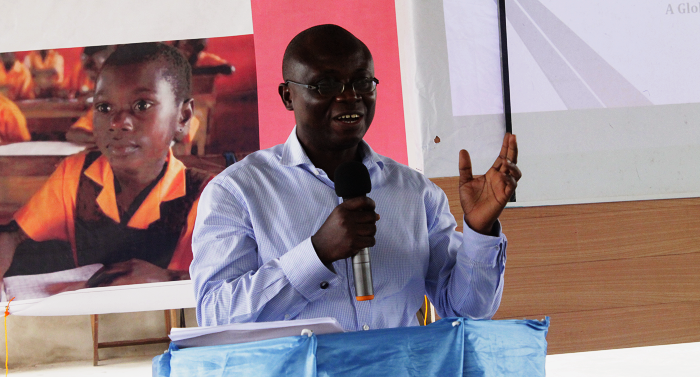
‘Increasing cases of early marriage in developing countries worrying’
The director-general of the United Nations Educational Scientific and Cultural Organisation (UNESCO), Ms Irina Bokova, has expressed concern about the increasing cases of early marriage in developing countries, stressing that limited progress has been made in addressing the problem.
Advertisement
According to her, 15 million girls are married before they reach the age of 18, which indicates that 1 in 9 girls in developing countries are married by the age of 15.
She made the statement at a programme held at the East Airport International School (EAIS) in Accra as part of activities marking the 15th anniversary of the International Day of the Girl Child (IDGC), celebrated on October 11.
Early marriage
She said early marriage was rarely a choice and added that when a girl was forced into an early marriage, it was not only her future that had been threatened but the well-being of entire communities.
“Girls who marry before 18 years often leave formal education, depriving societies of precious potential and creativity. They are also more prone to domestic violence, as well as early pregnancy and maternal death, she stated.
She said it was not enough to enrol girls in schools but letting them stay on course would build strong communities and ensure inclusive and resilient societies.
In a presentation on the theme, “The Relevance of Data in Tracking Developmental Progress,” looking at a student’s perspective, a student of the school, Miss Afua Ayiku, said there was a stumbling block that thwarted the achievement of one of the Sustainable Development Goals (SDGs) and that was the achievement of gender equality by the year 2030.
She said the absence of sustainability data, which is about the lives of girls and women, was either non-existent or insufficient and impeded the attainment of the goal.
She said, “ The lack of data has hampered the ability to influence policy and track progress. We cannot increase the equality of girls if there is no record of factors that limit their opportunities.”
Gender data
According to her, there is a gap in the gender data and girls have been victimised due to the data gap, adding that data must capture the realities faced in girls’ lives.
In response to issues relating to gender, the National Programme Officer and Chairman of the Gender Team of UNESCO, Mr Prosper Kwasi Nyavor, said there would be a follow-up on the data collection process with the Ghana Statistical Service to help resolve issues on gender representation.
He said though the focus of the celebration was on the data aspect of gender, there was also the need to talk about the increase in early marriage in Ghana and added, “The Ministry of Gender, Children and Social Protection (MGCSP) has a project to end child marriage and we are hoping it would be successful at the end.”
Background
International Day of the Girl Child is marked on October 11 globally.
The theme for this year’s celebration is “Girls Progress - Goals progress: A Global Girl Data Movement.”
It is a day set aside to look at the common problems faced by the girl child.




